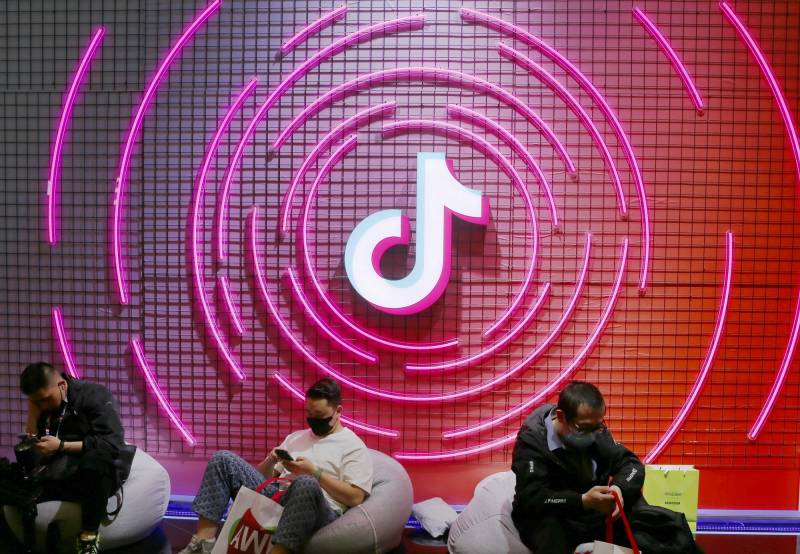A study published on Thursday asserts TikTok’s algorithms promote Chinese Communist Party narratives and suppress content critical of those narratives, a claim the embattled company forcefully denied to KQED.
Titled “The CCP’s Digital Charm Offensive,” the study by the Rutgers University-based Network Contagion Research Institute argues that much of the pro-China content originates from state-linked entities. ByteDance, a Chinese technology company, owns TikTok.
Institute co-founder Joel Finkelstein wrote that includes media outlets and influencers, such as travel vloggers who post toothlessly about Chinese regions like Xinxiang, where the government has imprisoned more than 1 million Uyghurs and other mostly Muslim minorities.
“This manipulation is not just about content availability; it extends to psychological manipulation, particularly affecting Gen Z users,” Finkelstein wrote.


